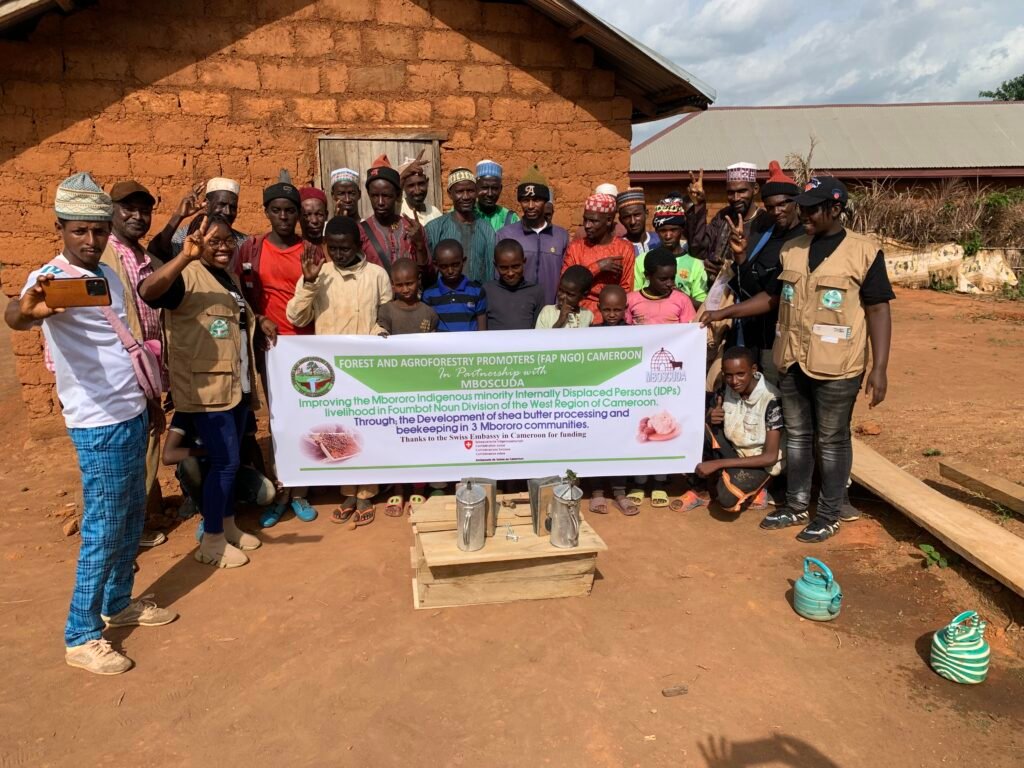SUSTAINABLE AGRICULTURE
Climate change impacts on our environment, economy, and social welfare are unavoidable issues; it has a serious impact on people situated in rural areas who make a living relying on agriculture. This project aims at addressing the issues of poor farming practices that contribute to climate change effects with possible mitigation and adaptation measures.
The introduction of solar water pump system is an innovative renewable energy technology that reduces the emission of greenhouse gases; the technology is gradually replacing the use of diesel water pump that emit a lot of carbon dioxide to the atmosphere. the carbon emission from the diesel motor pump increases climate change effects and is very expensive to operate by small holder farmers.
The Solar water pump experience is a system that involves directly coupling a small DC electric pump to a single solar panel, without any battery or controller. This allows a farmer to have constant running water from a pipe throughout the day, as long as the sun is shining. When the day’s work is finished, the farmer simply takes the pump home, to avoid the issue of theft.
The Pollination Grant, SGP UNDP and John DeMarco were partners for the irrigation project.
This innovative experience came in as a result of different efforts trying to solve the problem of uplifting water from streams, wells, canals, etc. by smallholder farmers to their farms. Before arriving at this innovative stage, three experiments has been carried out, which include;
-The use of 15-20 liter watering cans, which was labor intensive (running to stream or canal several times to supply water to the crops) Farmers were able to cultivate only small portion of their plots due the intensive labour involved in supplying water to the crops.
-The use of suspended 200-liter drums above the well, canals, and streams to supply water by gravity through water pipes. Again, farmers were not able to supply water to a considerable portion of their plots due to the labour and risk of accident involved. The platform was constructed with local material and carries 200 litres together with the farmer during filling of the 200-liter drum, which can collapse at any time.

The diesel motor pump was effective in supplying water to the fields but emitted a lot of carbon dioxide into the atmosphere. The fossil oil used pollutes soil and water, which contributes to the climate change effects we are facing today. This system is expensive to manage by smallholder farmers because of the high cost of fuel, spare parts, and repairs.
